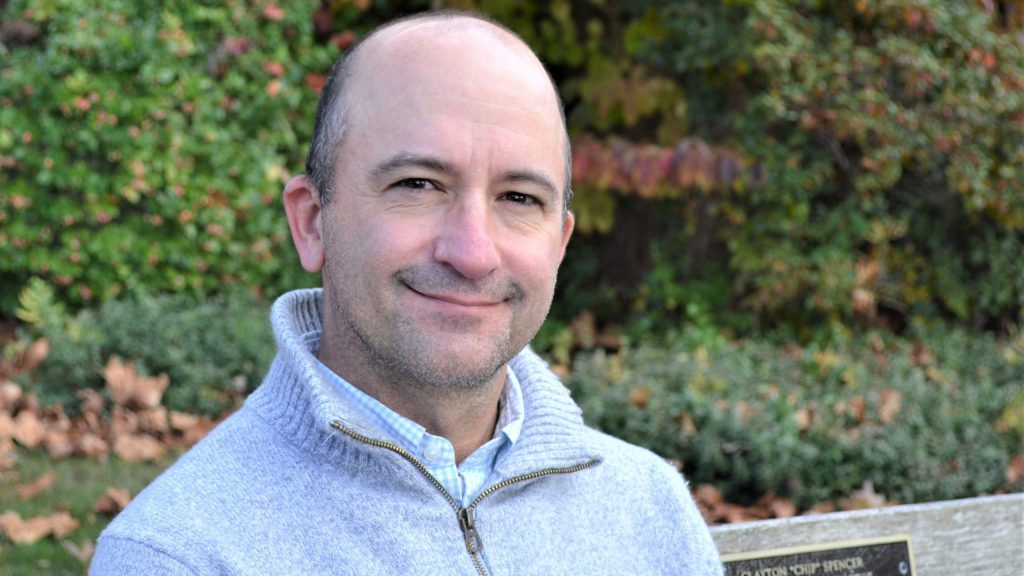Humanities are the story of human experience. Humanities help us understand the human condition. Humanities help us feel human. Humanities connect us with each other, with our shared past, and with the ideas that will help us shape a shared future in a world we inhabit together. This is CTH’s primary motivation and core belief.
This week CTLN Opinion+ had the pleasure to talk to Jason Mancini, Executive Director of Connecticut Humanities. Our topics of conversation are about the multiple channels used to tell CT rich history, the funding and granting needed to strengthen communities across Connecticut, plus their expanding digital initiatives that highlight stories about the people and history of CT.
Connecticut Humanities (CTH) is an independent, non-profit affiliate of the National Endowment for the Humanities. CTH connects people to the humanities through grants, partnerships, and collaborative programs. CTH strives to ensure the public humanities will continue to inspire storytelling, lifelong learning, informed public dialogue, and civic engagement in ways that bring together all communities and enhance the quality of life for all Connecticut’s residents.
Mancini’s goals and long-term vision are to represent all communities through civic education, literature, history, heritage, and telling the state’s hidden history. All of this is possible through granting and partnering up with several different communities and humanities organizations. “We are working with authors and community representatives to create new stories that highlight Connecticut’s diversity and stories so that we can all learn about one another.”
We spoke about their main digital initiative called TeachItCT.org. “These are short pieces of content and materials for teachers and students interested in all of our communities.” Teach It’ has seen a 59% jump in visitors from the fiscal year 2020 to 2021. It provides teachers with a curriculum of activities to bring the state’s history to their classrooms, including history focused on Indigenous people.
CTH will invest $30.7 million, money allocated by the state, to increase operating support for arts and cultural centers. It will help these organizations to get through the pandemic stronger and manage more effectively.
Lastly, Mancini mentioned that the most important resource that CT residents should know about is the funding opportunities that CT humanities have available for organizations with a mission focus on arts and humanities. CT Humanities is open to new ideas and community stories that represent all communities across Connecticut.
To learn more about CTH programs, grants, and digital initiatives, go to https://cthumanities.org
Resources mentioned in the video:




